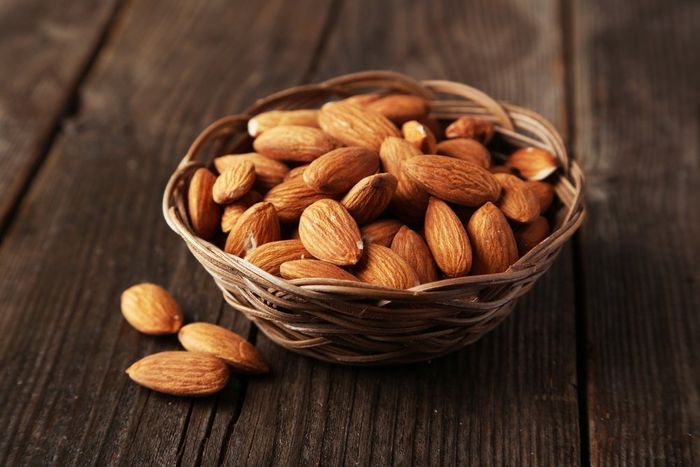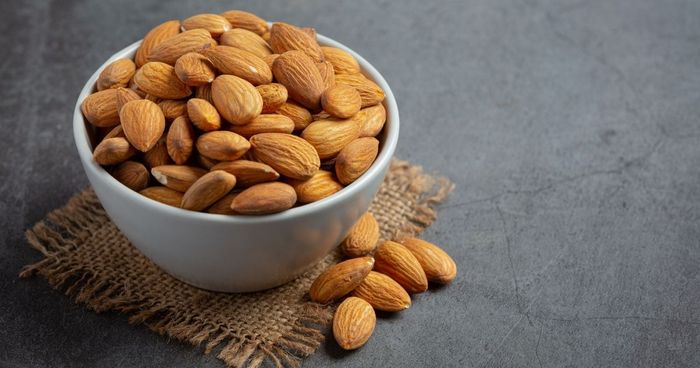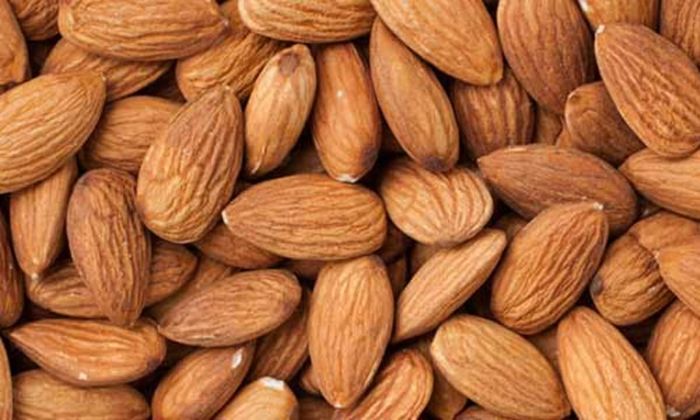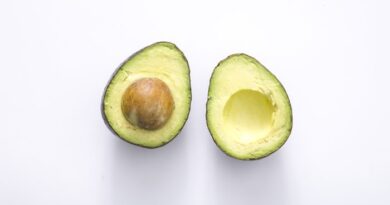10 Health Benefits Of Eating Almond – Disadvantages, Nutritional Facts
Almonds are used as a topping for cakes, cookies, nougat, candies, snack bars as well as desserts. Butter, milk and oil are also prepared from almonds. Almonds have also been considered important in Ayurveda due to the properties present in it. For this reason, our elders also recommend eating almonds daily. According to him, eating almonds sharpens the memory and the symptoms of many types of physical and mental problems can be removed.
What is Almond?

Almonds may be small in size, but they are rich in nutrients. Almonds are also included in the category of nuts. Scientific name of almond is Prunus dulcis, Prunus amygdalus. It is a kind of dry fruits. It is known by different names in many languages. Like Vatad or Vatvairi in Sanskrit language, Badam in Hindi, Marathi, Gujarati and Bengali, Badam Shori and Badam Talkh in Persian, Almond in English.
The seeds inside the almond fruit are eaten. The oval almond is pointed at one end. Its seeds are white in color, on which there is a thin skin of brown color. The origin of almonds is believed to be in Central Asia and China. Most almonds are produced in the United States, followed by Spain and Iran. In India, the highest production of almonds is in Jammu and Kashmir and Himachal Pradesh.
Nutritional Information About Almond

- Fiber – 3.5 gm
- Protein – 6 g
- Fat – 14 gm
- Vitamin E – 37%
- Manganese – 32%
- Magnesium – 20%
Apart from this, it also contains copper, vitamin B2 and phosphorus, which means you will get so many benefits in a handful. It contains 161 calories, 2.5 carbohydrates.
Health Benefits Of Almond

1). Almond for heart disease
Due to the properties of almonds, it can be consumed to keep the heart healthy. This is also confirmed in a research published in NCBI (National Center for Biotechnology Information). Actually, consuming almonds can reduce low density lipoprotein cholesterol (LDL-C). There is cholesterol that harms the body, which can increase the risk of heart disease. Along with this, the level of good cholesterol i.e. High Density Lipoprotein Cholesterol (HDL-C) in the body can be kept balanced by the consumption of almonds. It can prove beneficial for the heart.
2). Almond for diabetes
Almonds contain fiber, unsaturated fat and low carbohydrate. Also, it is a low-glycemic index food item. In such a situation, it is believed that the risk of type 2 diabetes can be avoided by consuming almonds. During this scientific study, it has been found that adding almonds in the morning breakfast can reduce the level of blood glucose.
3). Almond for memory
Almonds can also have benefits in enhancing memory and improving brain function. Consuming almonds can protect against weakening memory and neurodegenerative diseases related to the brain with increasing age. For this, the tocopherol, folate, mono and poly unsaturated fatty acids and polyphenols found in it can be helpful. These nutrients may work to prevent age-related cognitive dysfunction.
4). Almond for weight loss
Rich in many nutrients, almonds are also extremely helpful in weight loss. Consuming a small amount of it fills your stomach and prevents you from overeating, as well as the presence of zinc and B vitamins makes you less inclined to eat sugar. According to a study published in the European Journal of Clinical Nutrition, people who ate 1.5 ounces of almonds daily for four weeks experienced significant improvements in their weight.
5). Almond for gas
Since almonds are rich in fiber, they not only provide relief from constipation but also prevent constipation. Consuming it reduces the chances of getting colon cancer to a great extent. It is also an effective treatment for heartburn due to its high oil content. Soak almonds every night at night and eat it early in the morning. This will remove the problem of constipation and there will be no problems like acidity and bloating in the stomach.
6). Almond for the skin
Almond not only keeps the skin nourished, beautiful, youthful and free from wrinkles, but it also enhances the complexion of the skin. Sunburn and other skin-related disorders can also be reduced by massaging the skin with its oil. The good thing is that massaging with almond oil does not make your skin oily and there is no risk of getting pimples. For this, grind mustard, almonds, vacha, and rock salt and apply it on the face. Due to this the wrinkles (freckles) of the face are erased.
7) Almond for hair
An almond is the solution to many hair problems, be it hair fall or dandruff. Almonds are rich in hair-friendly nutrients like vitamin E, biotin, manganese, copper, fatty acids. The zinc contained in almonds stimulates the renewal of new cells, prevents hair loss and contributes to making them strong and thick. Massaging your hair with its oil also makes your hair golden and long. Massaging the scalp with lavender oil reduces split ends,Dandruff ends and hair fall also stops. Women are equally worried due to lice in their hair. In such a situation, the use of almonds can be very beneficial. Grind bitter almonds and apply it on the head.
8). Almond for the intestines
The intestines play a major role in keeping the digestive system healthy. When the intestines are healthy, the stomach also works in a healthy way. Those who suffer from intestinal diseases, they should eat almonds by grinding them with figs. It cures intestinal problems.
9). Almond for bones
Two nutrients are essential for bone health – phosphorus and calcium, and almonds contain good amounts of both. It also contains magnesium, manganese and potassium, which are important for healthy and strong bones. To avoid osteoporosis and other bone-related diseases, eat whole almonds daily or drink almond milk. Massaging young children with almond oil strengthens their bones.
10). Almond for cholesterol
Eating almonds regularly keeps the level of harmful cholesterol under control and promotes the level of good cholesterol. A study published in 2002 in the Journal of the American Heart Association found that eating almonds can reduce LDL cholesterol by up to 15 percent. It may also play an important role in maintaining good cholesterol levels, which is why the peels Cholesterol level control is also included in the benefits of eating almonds without the peel.
12). Almond in periods
Pain during menstruation is one such problem faced by women, from which almost all women suffer. In such a situation, grind almonds and make a paste of it. Keeping it in the vagina ends the pain during menstruation.
13). Almond for ladies
Many women complain that after becoming a mother, they are not getting enough milk to drink. Such women should use almonds. Women have to take 3-5 grams of almond powder mixed with milk in the morning and evening. This increases milk production in the breasts.
How To Eat Almonds
Soak almonds in lukewarm water and keep it overnight and peel and eat in the morning. According to experts, the right way to eat almonds is to soak them at night and eat them in the morning. By doing this it becomes soft and easy to chew in the morning. Apart from this, your body also makes it easier to digest almonds.
How Many Almonds To Eat In A Day?
You can eat 10 almonds in a day but avoid eating only almonds on an empty stomach.
Disadvantages of eating almonds

- Consuming almonds in large quantities can reach 1000 mg in the body, which can cause problems like diarrhea, obesity and blurred vision, headache and dizziness.
- If you are consuming more almonds than necessary, then the toxic level in your body can increase, because the amount of hydrocyanic acid in bitter almonds is high, which slows down your nervous system and can also cause respiratory diseases. which can be fatal to the body.
- Eating more almonds lowers the immunity of the body, which can lead to allergies and other skin problems.
- Almonds contain oxalate. Eating too much can lead to kidney problems.
- It contains hydrocyanic acid, the possibility of food poisoning also remains if eaten in excess.
- The taste of almonds is hot, eating in large quantities can increase the heat of the stomach.
Read more



